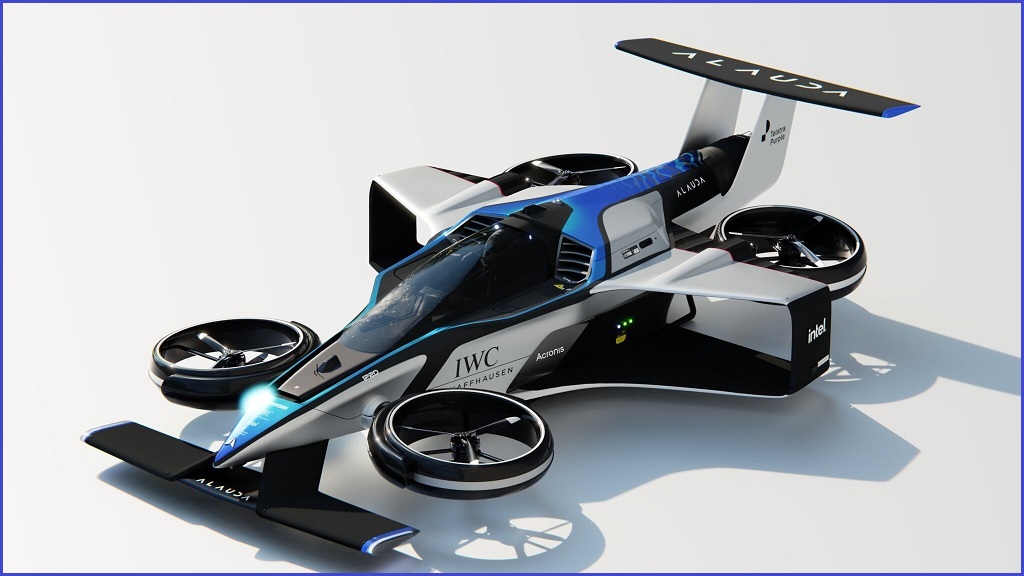Interest in local flying car manufacturing is rising with two major announcements from companies making electric vertical take-off and landing (eVTOL) aircraft last week showing massive promise for the burgeoning Australian industry.
Adelaide-based company Alauda Aeronautics gave us the first look at its flying racing car the Airspeeder Mk4 last Tuesday – the very same day Sydney-based AMSL Aero made headlines with news of the first flights of its Vertiia aircraft.
Both companies offer very different propositions: one is initially looking to provide healthcare transport in regional areas, while the other wants to zip around a competitive circuit at a top speed of 360 km/h.
Combined, they point toward a long-promised future of flying cars and the next innovations in transport.
AMSL was spruiking the success of its Vertiia craft’s first tests comprising 11 hover flights while still tethered to the ground. The company says this was the first time an eVTOL designed and built in Australia has flown.
“The Vertiia prototype flew better than we expected,” said AMSL CEO Andrew Moore. “It was remarkably smooth and a delight to fly.”
The full production vehicle will seat four passengers and a pilot. AMSL wants its first use-cases to be as a kind of air ambulance but “quieter and safer than helicopters,” the company’s co-founder Siobhan Lyndon said.
“[Vertiia will] eventually cost as little as a car to maintain and run, transforming aeromedical transport into a far more affordable, accessible, safer, and reliable option,” she added, noting that the hopes are to create a hydrogen powered version with a much longer range.
“It was also developed for the harsh long-distance conditions in Australia. If it can work in Australia, it can work anywhere.”
For adrenaline junkies, the Alauda Aeronautics Airspeeder Mk4 might be more up to speed. This is the first crewed version of Alauda’s high speed eVTOL, a remote version of which it showed off a couple of years ago.
Alauda CEO Matt Pearson wants to push the cutting edge of this technology with high-speed crewed races at the Airspeeder Racing Championship next year with the hopes of one day selling actual flying cars.
“You will see these technologies on the racetrack,” he said. “However, eVTOLs are already a trillion-dollar industry and we see a very substantial market for private flying cars emerging in the near future.”
It’s certainly an ambitious proposition. Uber famously said it would bring flying taxis to Melbourne by this year, only to hand off that part of the business to startup Joby Aviation in late 2020.
Pearson sees flying taxis as the natural next step for eVTOL adoption, but expects, once the regulatory and technological kinks are worked out, private ownership will take hold.
“Once we can sell you a flying car for the same price as a Tesla, you’ll quickly see the balance shift,” he said.
“Today, private cars outnumber taxis by about 300 to one, so the potential for people to own and drive their own flying car one day is absolutely enormous. It’s a very exciting time.”










